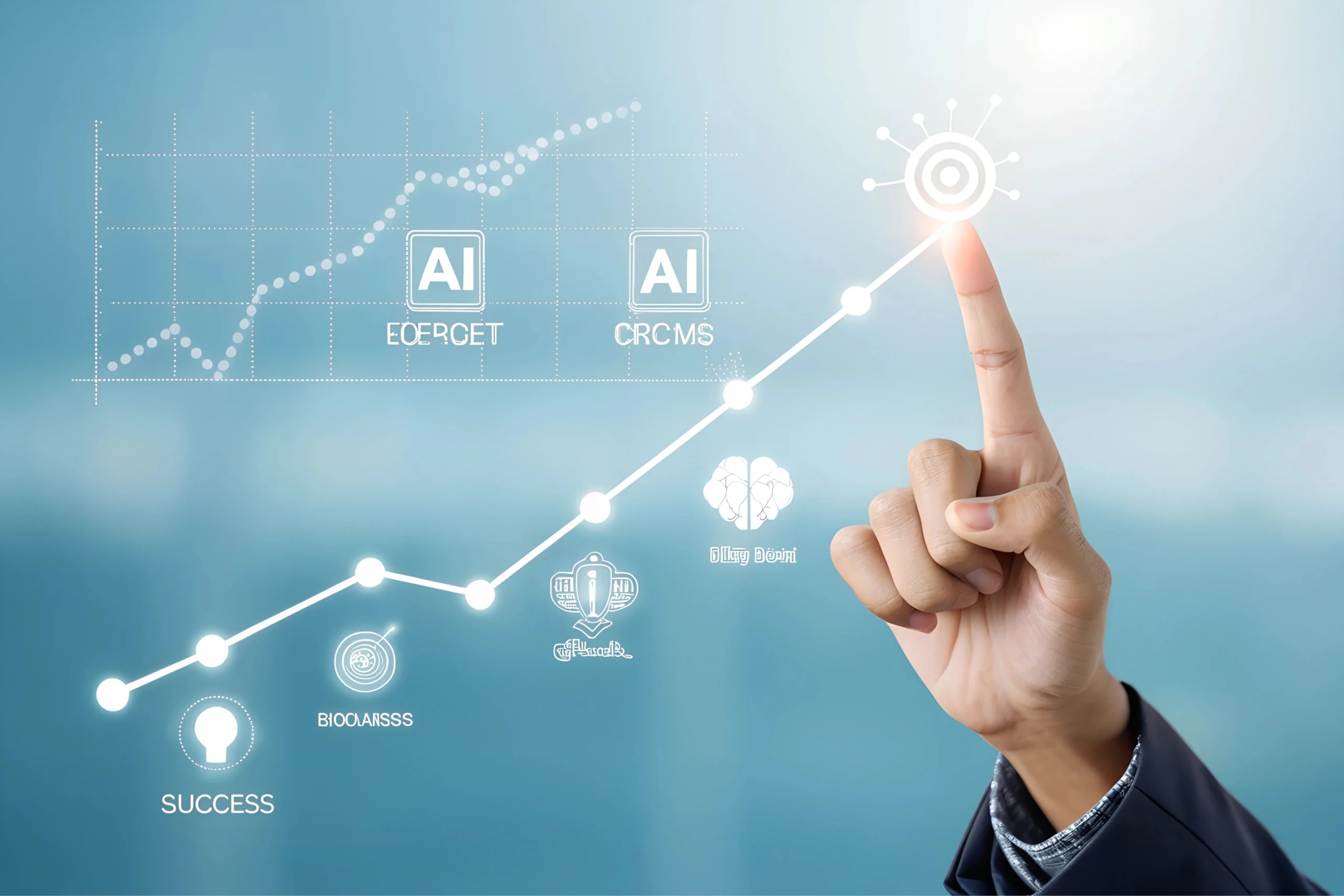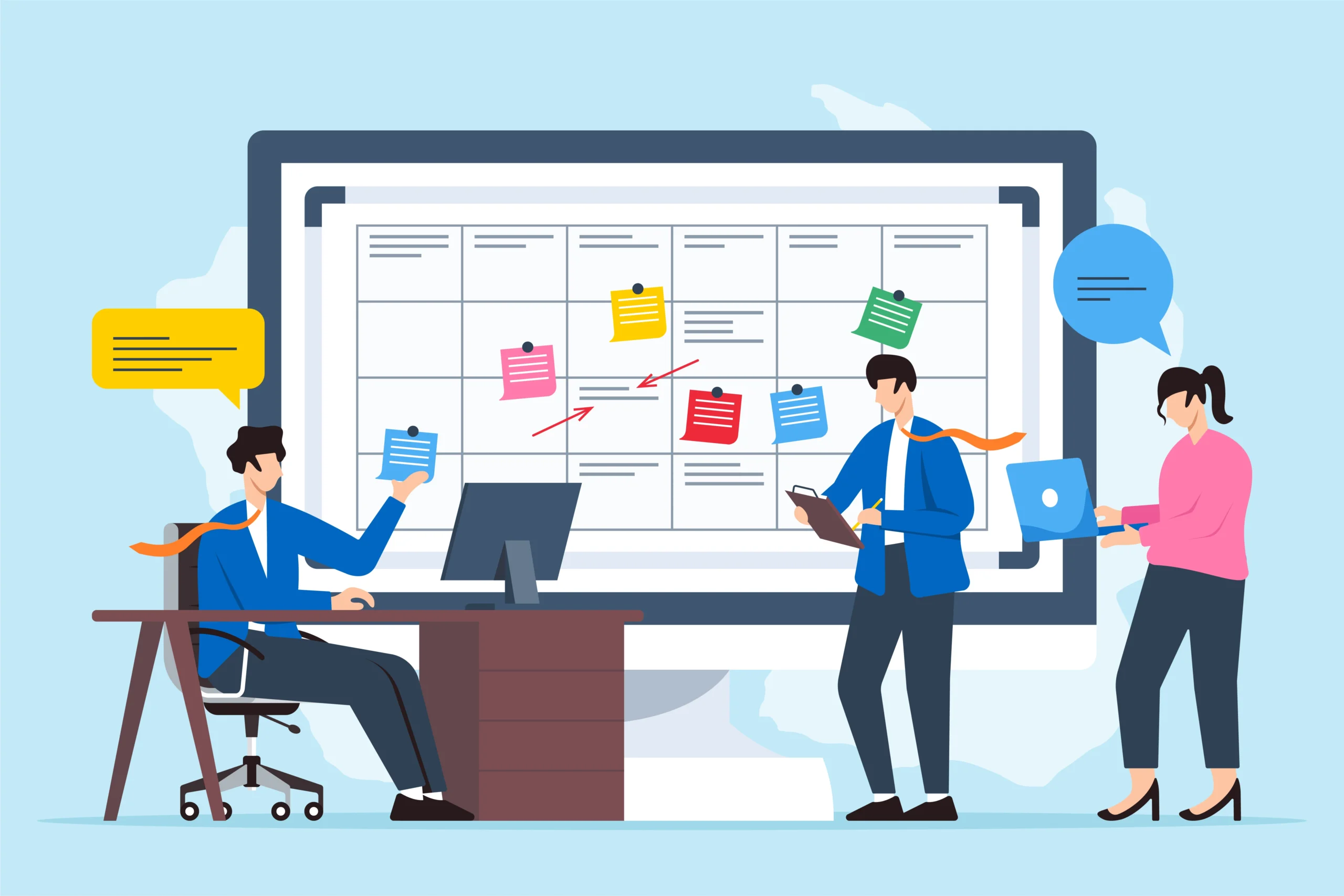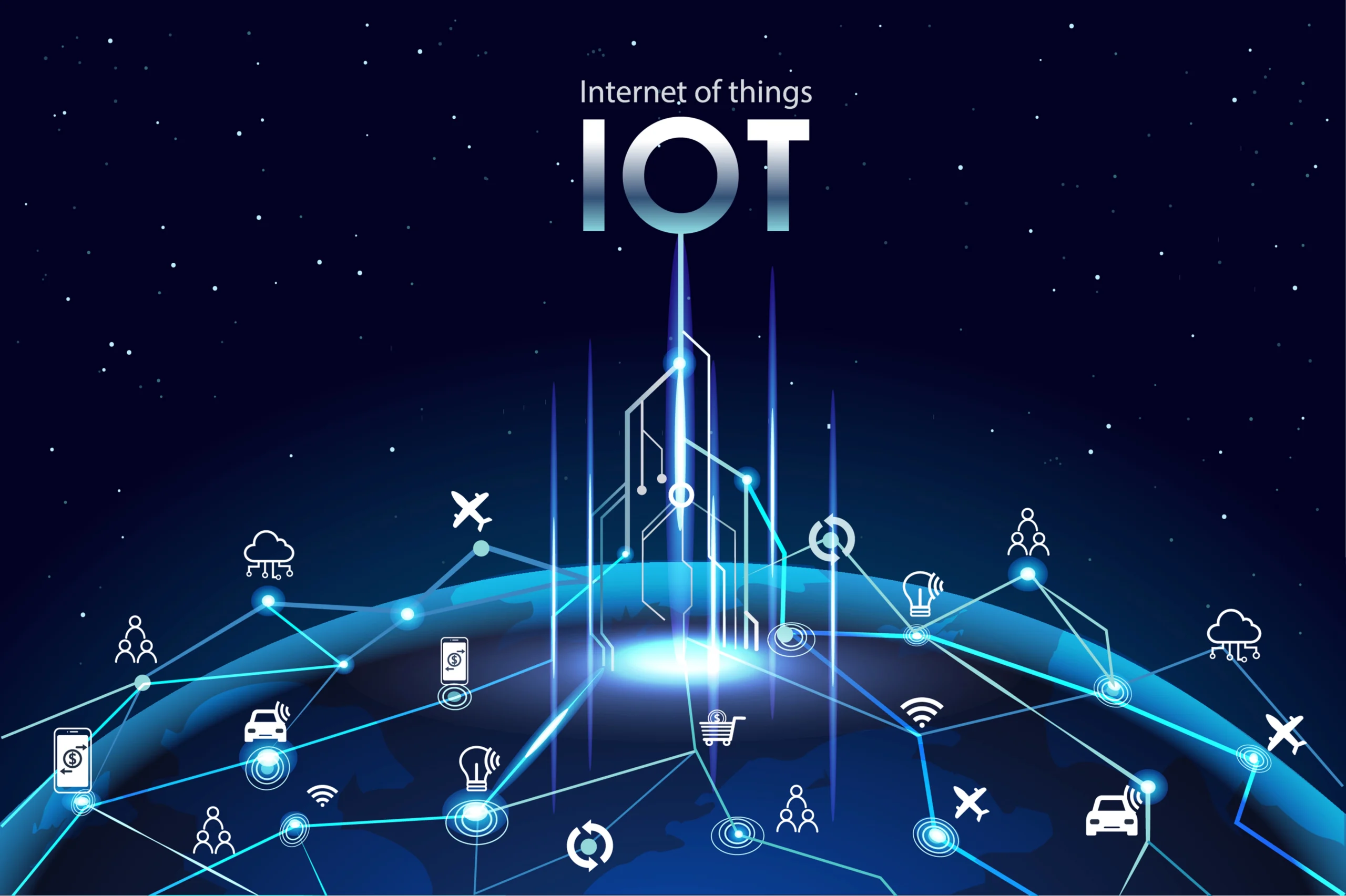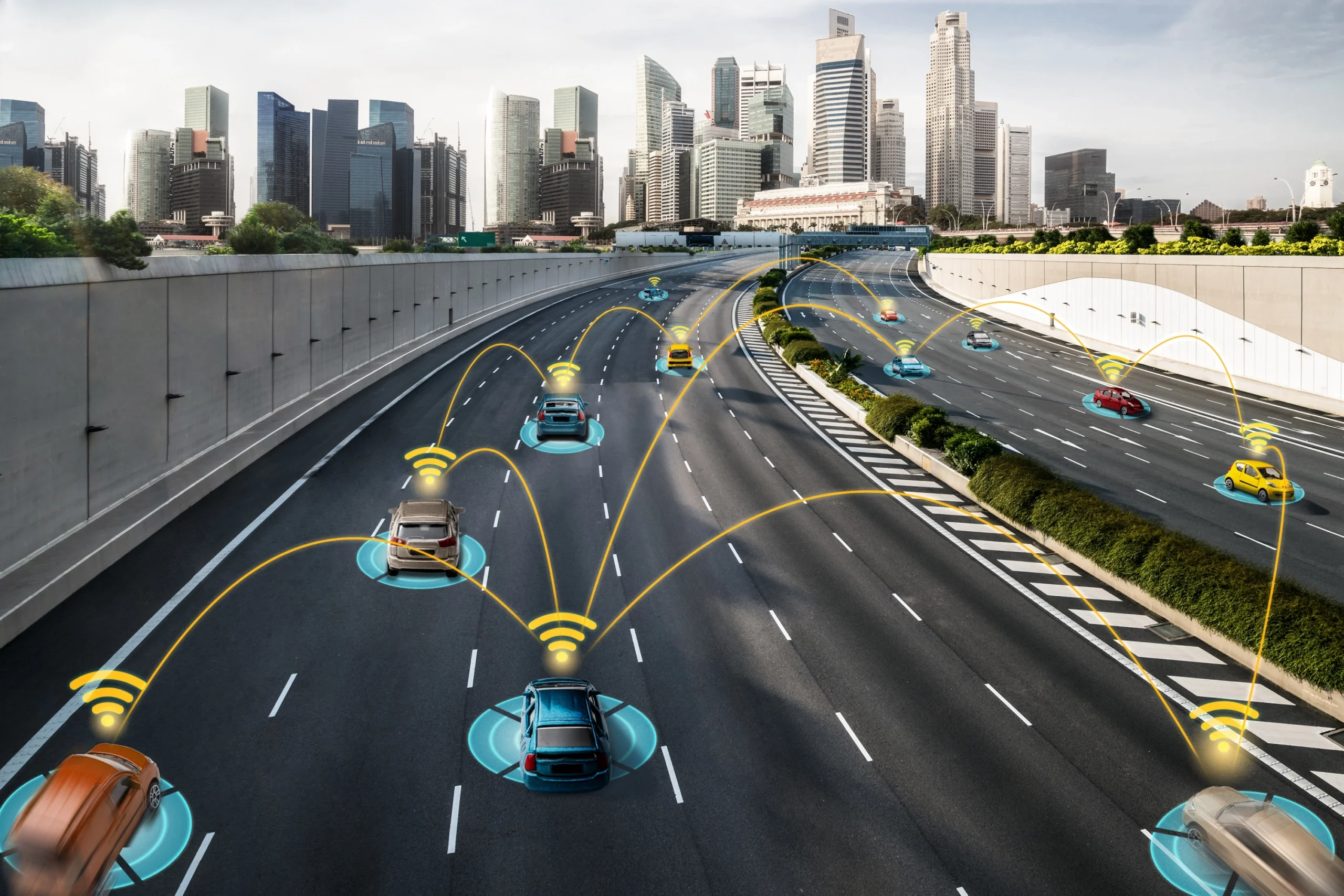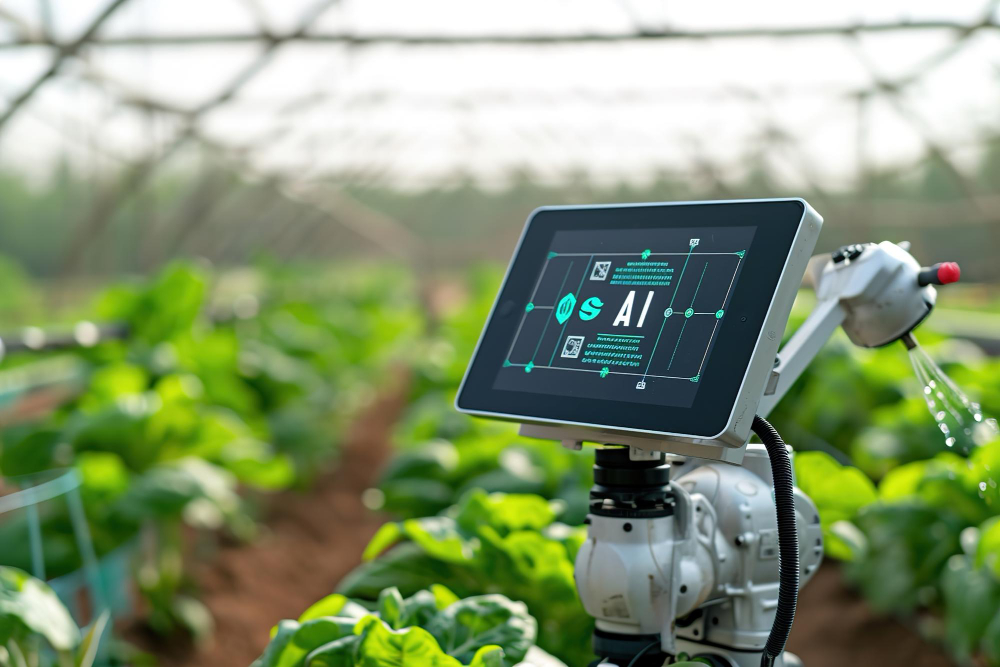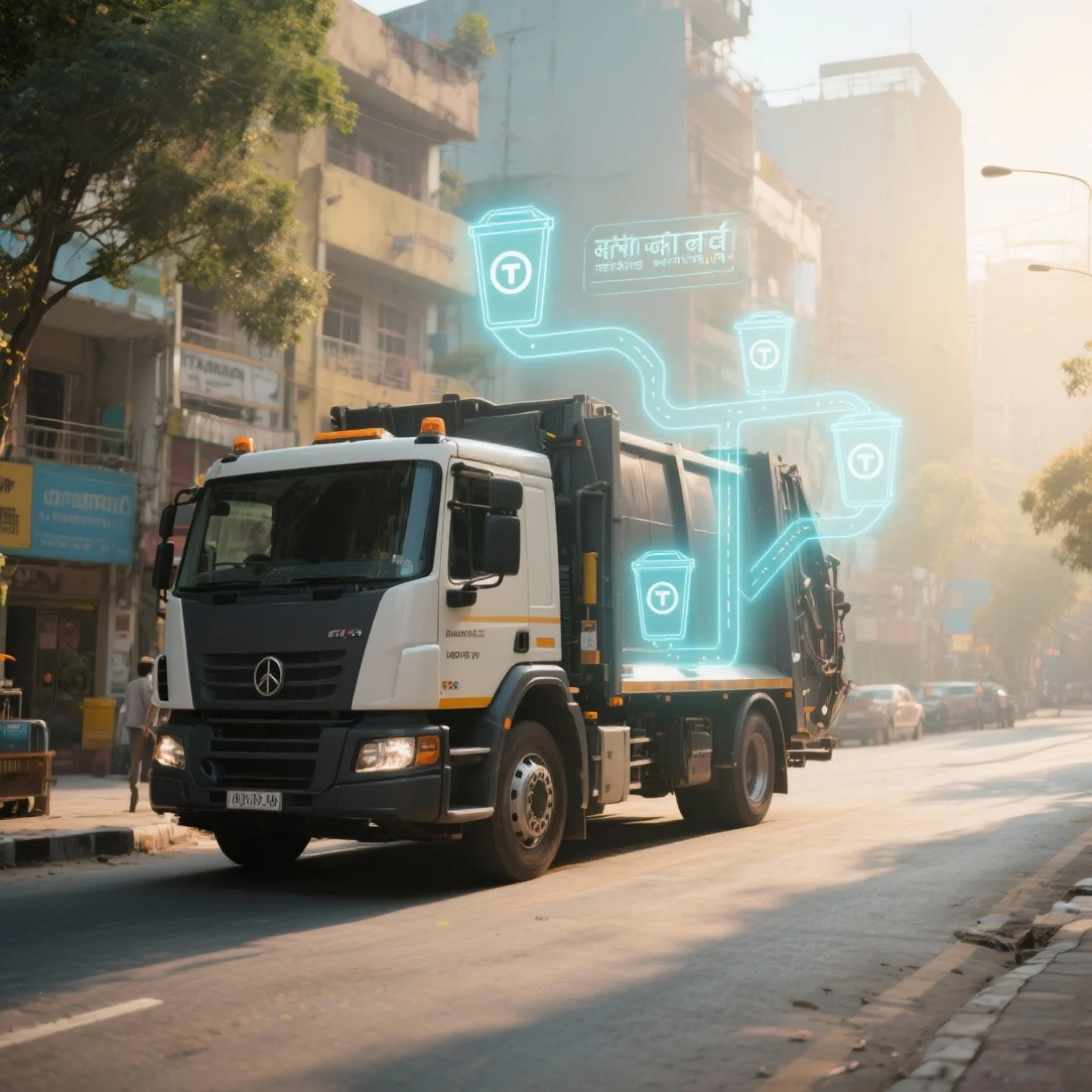bLOG
Unlocking Potential: Key AI Trends to Watch in 2025
Admin – 09/01/2025
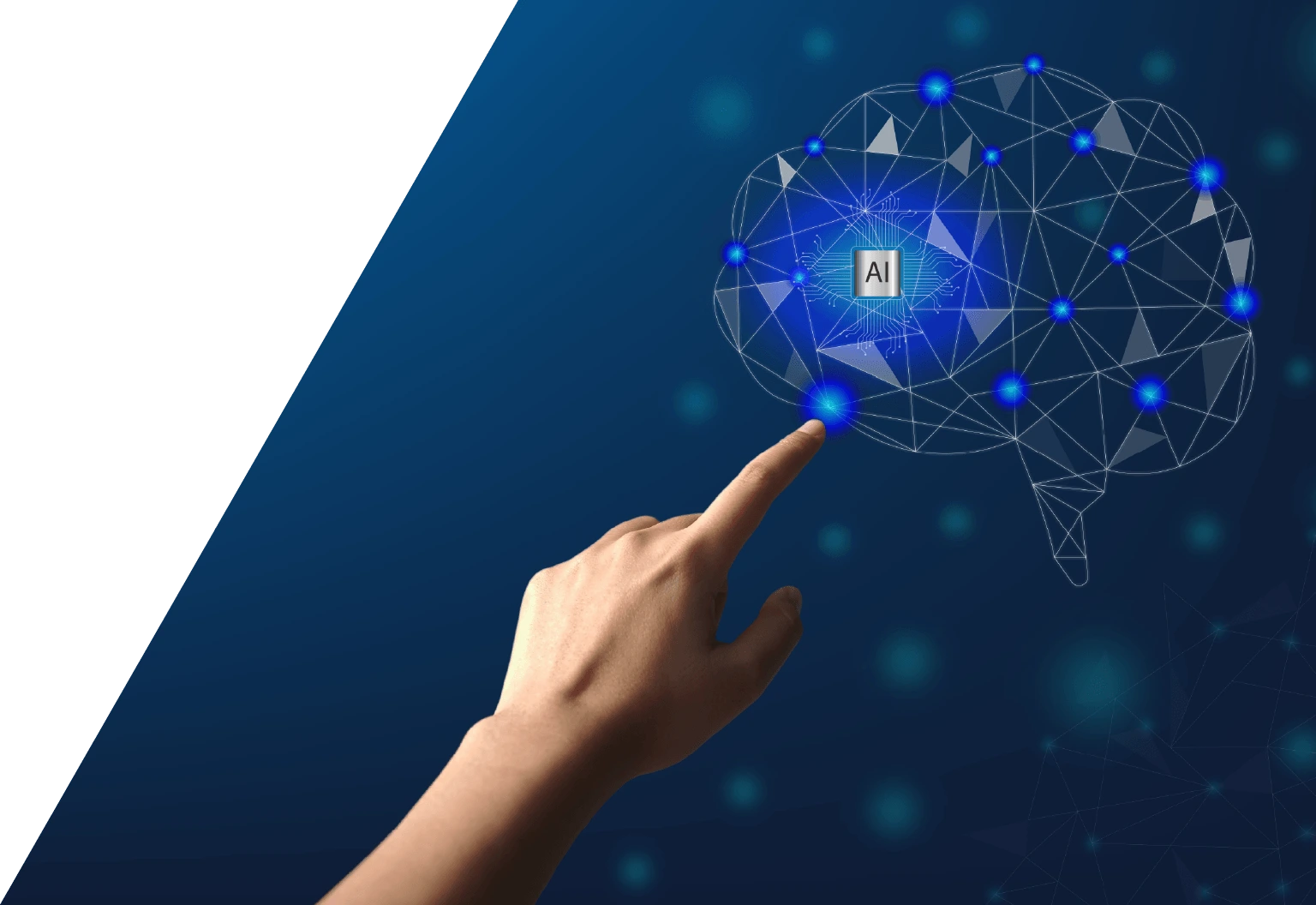
Artificial intelligence is no longer just a tool—it’s a partner in progress. In 2024, AI stunned us with breakthroughs like generative models creating human-like art and language tools rewriting content seamlessly. Now, 2025 promises even bigger leaps—smarter systems that learn like us, compact models that bring AI everywhere, and ethical advances ensuring trust. This is not just evolution; it’s the dawn of a smarter, more connected future. Here are eight key AI trends to watch this year, offering a glimpse into the transformative potential of this cutting-edge field and how it will impact various industries.
1. Agentic AI: Intelligent Problem-Solving Machines
Autonomous systems are evolving to reason, plan, and act independently, breaking down complex challenges into manageable steps. Consider a logistics AI that optimizes multi-step supply chains by factoring in weather, traffic, and stock levels. This approach helps tackle delays and disruptions with real-time adjustments, enhancing supply chain efficiency. In healthcare, systems like these could devise personalized treatment protocols, adapting as new data comes in. Financial systems, too, are being transformed by AI agents that autonomously manage portfolios, adjusting to market fluctuations in real-time.
2. Inference Time Compute: Smarter Responses in Real-Time
AI is becoming more adaptive by adjusting response times based on the complexity of tasks. For example, a simple query might receive an instant reply, while a more technical issue could take longer. This flexibility is changing customer service, where AI can deliver responses tailored to the difficulty of the problem, providing a more personalized experience. In e-commerce, these systems refine product recommendations in real-time, based on user behavior and live data. Similarly, manufacturing operations are improving, as AI adjusts decisions dynamically according to factory floor conditions.
3. Supersized AI Models: The Era of Trillions of Parameters
The next generation of AI models, with up to 50 trillion parameters, is setting a new standard for precision and depth. These models can perform complex tasks, such as analyzing legal contracts or medical images, with unmatched accuracy. In healthcare, these vast models could detect rare diseases and suggest treatment options based on comprehensive data analysis. For legal professionals, AI could simplify the process of contract analysis, cutting down research time and minimizing human error. In the financial world, such advanced models can predict market trends with unprecedented precision, enhancing trading and risk management strategies.
4. Small but Mighty Models: Compact AI for Everyday Use
Compact AI models, with just a few billion parameters, are making specialized tasks easier and more efficient. A perfect example is a grammar checker, running smoothly on a laptop without the need for heavy computing power. These models are also transforming education, enabling personalized tutoring in resource-constrained environments. In retail, smaller AI solutions power inventory management and checkout systems efficiently, without relying on cloud infrastructure. Even in the automotive sector, these models are providing instant diagnostics, giving drivers real-time feedback about their vehicles.
5. Advanced Enterprise Use Cases: AI Beyond the Basics
AI is now tackling more intricate tasks within enterprises, such as managing customer service bots that resolve complex issues or security tools that adapt to emerging threats. For example, customer service chatbots can now resolve intricate problems autonomously or escalate them to the appropriate department, improving support efficiency. Similarly, in cybersecurity, AI analyzes and reacts to network threats in real time. With AI’s ability to predict demand spikes, businesses can better manage production schedules, reducing the risk of stockouts or overproduction in their supply chains.
6. Near-Infinite Memory: AI That Never Forgets
The ability to remember and recall past interactions is transforming AI. A customer service bot can now retain your preferences from years of interactions, offering tailored responses that reflect past conversations. This memory enhances the retail experience, providing highly personalized shopping recommendations based on past purchases. In healthcare, systems can track patient histories over time, improving the accuracy of diagnoses and treatment plans. For personal finance, AI can review past transactions, giving users a clearer picture of their financial health and offering customized savings advice.
7. Human-in-the-Loop Augmentation: Smarter Together
When human expertise and AI work together, the outcomes are exponentially better. In healthcare, for example, doctors using AI can diagnose rare diseases more accurately by cross-referencing vast datasets of medical knowledge. In aerospace, AI helps engineers optimize aircraft designs, simulating complex environments, with human oversight ensuring safety and quality. Meanwhile, in education, AI tools support teachers by grading assignments, analyzing student performance, and offering personalized learning recommendations, all of which enhance the learning experience.
8. Ethical and Responsible AI: Transparency Takes Center Stage
As AI becomes more widespread, ensuring transparency and fairness is essential. In recruitment, for example, AI tools are expected to clearly disclose evaluation criteria, promoting a fairer hiring process that fosters diversity. In finance, making AI-driven decisions transparent in lending will help reduce biases and ensure a more equitable credit scoring system. In healthcare, transparency in AI diagnostic tools is critical to maintaining trust, especially when lives are on the line, ensuring recommendations are fully understood and accepted by both professionals and patients alike.
Looking Ahead
The advancements in AI we’ll witness in 2025 are not just technological marvels but milestones in shaping a smarter, more connected world. Whether it’s smarter problem-solving agents, massive or compact models, or ethical frameworks, these trends highlight AI’s relentless march forward.
While challenges remain—from logical reasoning limitations to ethical concerns—the progress being made is undeniably exciting. As AI continues to integrate into our lives, staying informed about these trends will help individuals and businesses alike navigate this transformative era.
The future is here, and it’s powered by AI.
